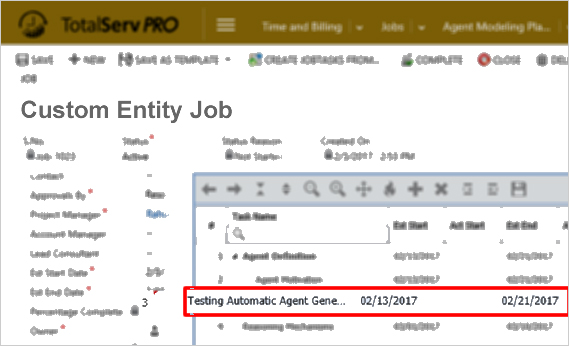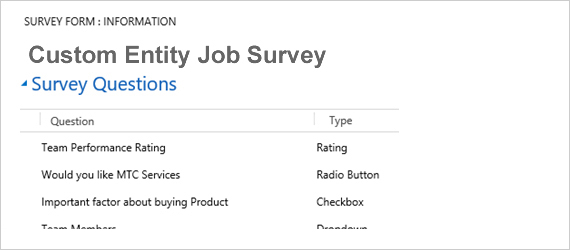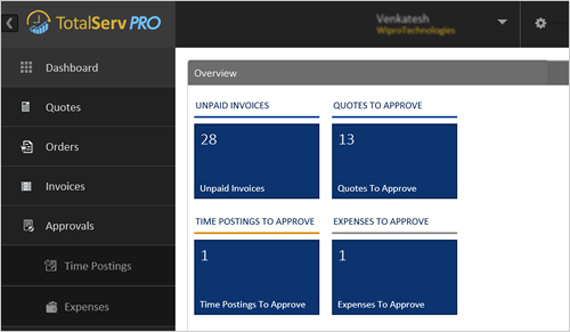


Software engineering service for the development of custom CRM

Software Quality Assurance (SQA) is the systematic approach towards meeting the predefined and standard quality specifications on the client requirements using relevant testing methodologies. The objective of software quality assurance is to deliver a high-quality software.
MTC’s Guaranteed Software Quality Assurance Model (GSQAM) is step beyond SQA in which it leverages its homegrown enterprise grade software product “TotalServ Pro” to build automated testing pieces in a phased manner that gets triggered based on the predefined conditions set by the users. As a result, every piece of software developed is being tested thoroughly using modern testing methodologies in the least time possible with limited human intervention.

All client requirements are analyzed and templated with actual forecast information. A 100% client requirements is mapped in TotalServ Pro (TSP) with clear depiction of forecast information using Project Gantt. Single click proposals are embedded and sent in personalized email templates which are viewable at customer’s end with TSP Online Customer Portal.
TSP Gantt Templates trigger automatic quality testing workflows for any given job/job task(s) ensuring Quality Assurance right from the beginning.
All testing types including unit test, integration test, performance test and regression test are conducted at regular intervals for best quality assurance.
MTC’s Trilogy of Feed Back Quality Assurance include:

MTC’s wide experience in quality assurance projects has worked to its advantage in publishing the most of Dynamics 365/CRM add-ons in Microsoft AppSource where each of its product code is tested and certified by Microsoft before clearing for publishing on Microsoft AppSource.
MTC’s strength in software quality assurance extends beyond product development into client services where using TotalServ Pro (TSP) each requirement – small or big is divided into job tasks and an automated testing workflow is triggered based on set quality criteria. The overall impact of its GSQAM is far-reaching with improved ROI.
MTC’s engagement policies, business philosophy, and operation control systems all revolve around a model oy transparency internally and externally.

Several internal systems and a unique MTC culture maintain a continuous process improvement methodology and staff development program. Real-time end-to-end operational data sharing between MTC and clients, through MTC’s online portal access, assures compliance with the highest client-specific requirements while exceeding industry standard quality levels consistently.
MTC’s Step-by-Step Quality Assurance Plan - Read more
MTC is committed to deliver utmost quality in its deliverables by leveraging unique, state-of-the-art software testing methodologies.The complete testing methodology has been defined taking into several factors that are discussed in detail below.
Unit Testing Plug-ins & Workflows:

